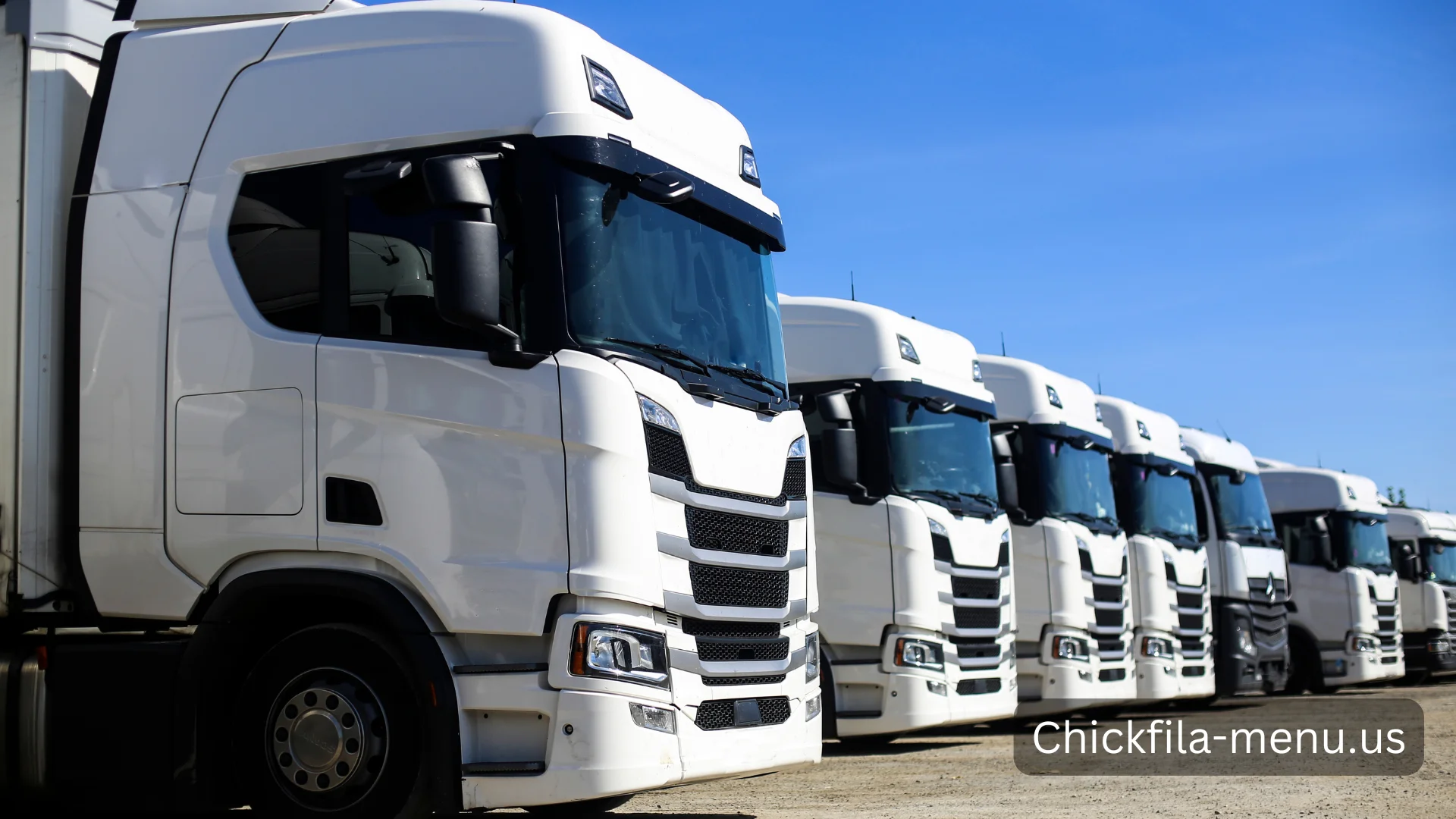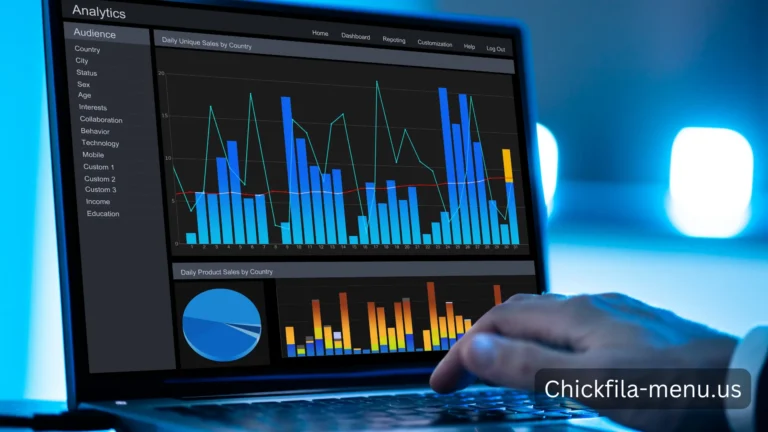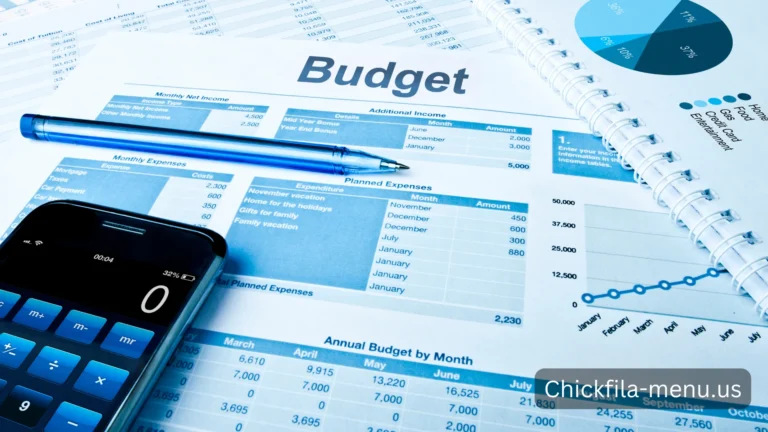Top Tips for Trucking Businesses to Maximize QuickBooks Efficiency
For trucking businesses, keeping the books tight is a must to stay in the black. Between invoices, fuel bills, payroll, and all those compliance headaches, you need an accounting setup that doesn’t waste your time. QuickBooks has the tools to make financial management smoother for trucking outfits—but only if you use it right.
A smart, organized approach cuts down on mistakes, saves hours, and keeps the money side of things rock-solid.
Setting Up QuickBooks for Trucking Businesses
Trucking’s not like every other gig—it’s got its own financial flavor. You’re juggling fuel costs, truck repairs, driver pay, and more. Get QuickBooks for trucking set up properly, and you’ve got a clear picture of the cash flow. First off, pick the version that fits: QuickBooks Online lets you check in from anywhere, while Desktop gives you more room to tweak things. It’s all about what works for your crew, your size, and how you like to handle the numbers.
Next, build a chart of accounts that makes sense for trucking. Break out expenses like fuel, tolls, maintenance, insurance, and payroll. Sorting it right keeps your tracking sharp and your reports useful. Plus, it makes tax time a breeze and lets you see what’s really driving profit—or dragging it down. A setup that’s dialed in keeps the confusion out and the decisions smart.
Automating Invoices and Payments
Hand-writing invoices? That’s a slog—and a good way to mess up. QuickBooks can handle invoicing on autopilot, getting bills to clients fast and clean. Set up recurring invoices for the regular hauls, and you’re not stuck typing the same stuff over and over. It lightens the admin load and keeps the cash flowing steady.
Keeping tabs on payments matters just as much. Hook QuickBooks to your bank and cards, and it logs transactions without you lifting a finger. No missed payments, no outdated books. Throw in some payment reminders, and late checks won’t pile up. Matching invoices to payments regularly keeps your financial snapshot crystal clear.
Tracking Fuel Costs and Other Expenses
Fuel’s a beast of an expense in trucking—it can eat up your margins if you’re not watching. QuickBooks lets you track it separate from the rest, so you can see where the money’s going and spot ways to tighten up. Breaking it out like that helps you figure out what’s worth cutting or tweaking.
Mileage is another biggie. Log those miles in QuickBooks for tax breaks and to get a handle on operations. It keeps you square with the IRS and avoids any funny business in the numbers. Don’t stop there—track maintenance costs too. Knowing what repairs are coming keeps surprises off the ledger. With all your costs laid out, you’ve got the transparency to boost the bottom line.
Managing Payroll for Drivers
Paying drivers right and on time—while keeping the taxman happy—is no small feat. QuickBooks takes the sting out of payroll by crunching wages and deductions for you. Set it up clean, and you’re dodging errors while keeping things humming along.
Drivers don’t all get paid the same way—some are per-mile, some salaried. QuickBooks lets you tweak payroll to fit whoever’s behind the wheel. It handles tax deductions automatically, and you can set up direct deposits to keep everyone happy. Plus, the payroll reports let you see what labor’s really costing, so you can budget smart and keep pay in line with what’s coming in. Organized records? That’s one less tax headache.
Also check: Gray Poplar Dropshipping
Integrating QuickBooks with Other Software
Lots of trucking outfits lean on extra tools—dispatch apps, fuel trackers, compliance programs. Tie those into QuickBooks, and you’re cutting out double work while keeping everything in sync. It’s a smoother ride when the data flows without a hitch.
There’s a bunch of third-party options that play nice with QuickBooks—fuel managers, load trackers, you name it. Pick the ones that match your setup, and you’re golden. The right combo means no more typing the same numbers twice, and your books stay spot-on.
Using Financial Reports for Better Decision-Making
Good reports are like a roadmap for your business. QuickBooks spits out the classics—profit and loss, balance sheets, expense breakdowns—giving you the lowdown on revenue and costs. It’s the kind of info that shows you how you’re really doing.
Dig into those trends, and you’ll spot what’s working or where to pivot. Fuel spiking? Maintenance creeping up? Wages out of whack? Regular check-ins with these reports keep you ahead of the game. Smart moves come from knowing the numbers, and that’s how you build profit that sticks.
Performing Regular Account Reconciliation
Reconciling’s your reality check—making sure your books line up with the bank. QuickBooks has a handy tool to walk you through it, catching slip-ups or shady stuff before it’s a problem. Do it monthly, and you’re always in the clear.
It’s a lifesaver for taxes too. Clean records mean no scrambling—or penalties—when filing rolls around. Trucking companies that stay on top of this dodge the last-minute chaos and keep everything straight.
Conclusion
QuickBooks is a powerhouse for trucking businesses looking to tame their finances. Set it up right, and you’ve got tracking you can trust. Automate invoices, payroll, and expenses to save time and skip the goofs. Hook it up with your other tools to keep the workflow tight. Lean on reports to steer the ship, and reconcile regularly to keep the numbers honest. With these tricks, trucking outfits can squeeze every ounce of efficiency out of QuickBooks and stay financially solid.

Johnathan Miller, a passionate food enthusiast and digital entrepreneur, is the creative force behind Chickfila-Menu.us. With a deep love for Chick-fil-A and its diverse offerings, Johnathan embarked on a mission to create a comprehensive online resource for fans and newcomers alike. His goal is to provide an accessible platform where users can explore the full Chick-fil-A menu, discover nutritional information, and stay updated on the latest additions and promotions.







